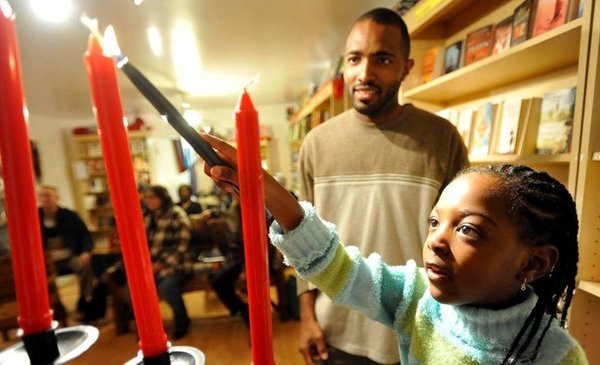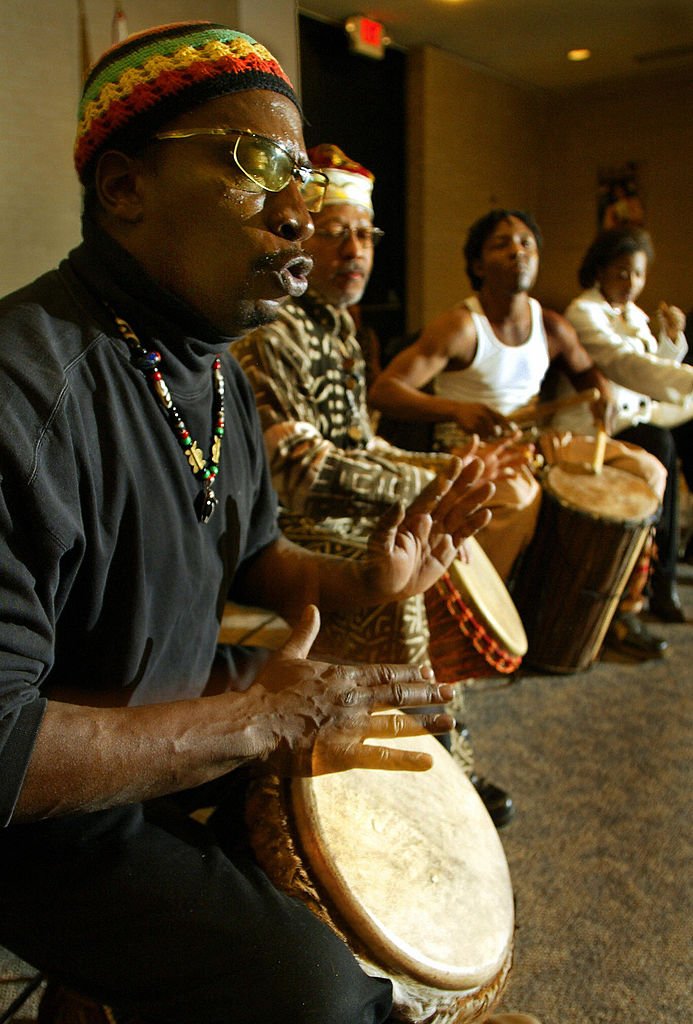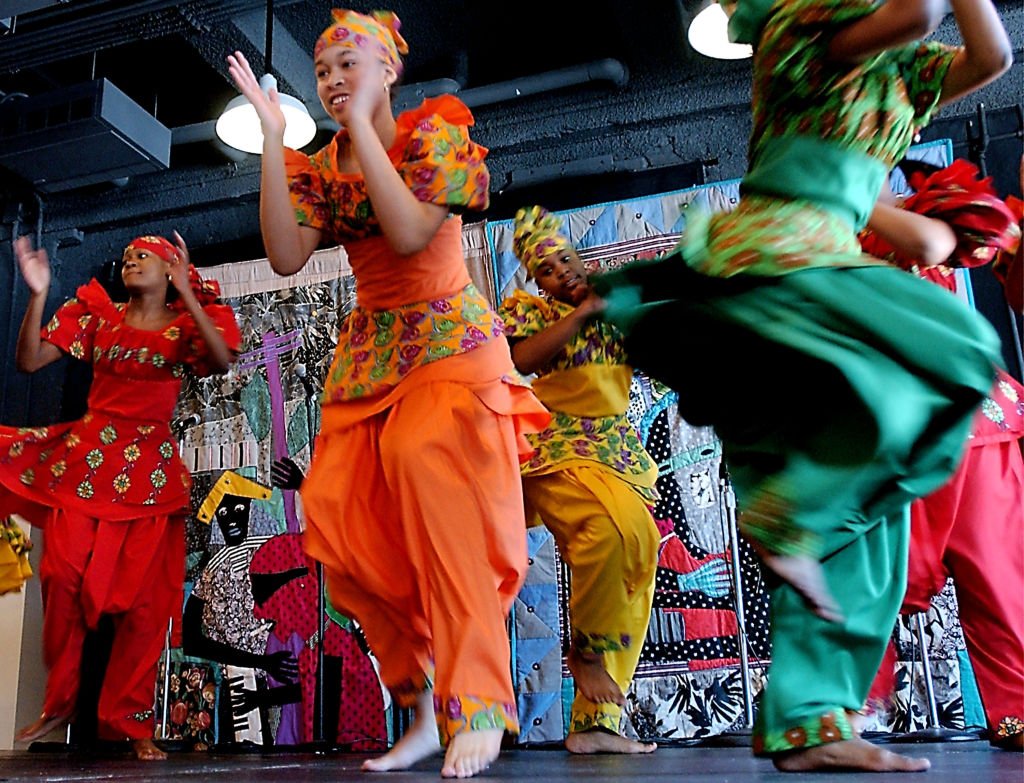What is Kwanzaa, the celebration of the black community in the United States after Christmas

Many big celebrations and festivals take place in the last few months of the year, including Indian Diwali, Jewish Hanukkah, and Christian Christmas, but have you ever heard of Kwanzaa?
Created by activist and writer Maulana Karenga in 1966, Kwanzaa is a holiday celebrated by some African Americans from December 26 to January 1.
The name of the festival comes from the phrase “Matonda or Kwanzaa“what does it mean “first fruits“ in a SwahiliIt is a language spoken in several East African countries, including Kenya, Uganda, Rwanda, Malawi, Burundi, and Tanzania.
Kwanzaa is a celebration of life and is a way for members of the black community in the United States to come together and celebrate their roots and culture.
Why was he born? the kwanzaa?
Karenga Kwanzaa was created after the Watts riots of 1965 in California.
At the time, Watts was a mostly black neighborhood in Los Angeles, whose residents experienced widespread racial discrimination. Violent clashes broke out between the police and the residents of the neighborhood.
The riot started after an attempt was made to arrest a young black man named Marquette Fry for drunk driving. This led to events that ended within several days of rioting.
The remaining number was 34 dead, about 1,000 injured, and property damage exceeded $40 million.
Karenga was deeply affected by the riots and wanted to find a way to bring his community together after the devastating event.
So, in 1966 he introduced a non-religious holiday called Kwanzaa, with the goal of giving African Americans a chance Celebrate your African history and culture.
Karenga spent time researching African harvest traditions, bringing together parts of various festivals to form what is known today as Kwanzaa.
It is also celebrated the kwanzaa?
Seven is an important number for those who celebrate Kwanzaa. The holiday lasts seven days, there are seven main symbols, there are also seven main principles.
During Kwanzaa, families and communities come together to participate in activities based on the Seven Principles, which are different principles each day.
The festivity also includes story telling, plenty of food shared between family and friends, singing, dancing, music including African drumming, gift giving, and poetry readings.

Similar to Jewish Hanukkah, candles are lit during Kwanzaa. Seven candles are placed in a special candle holder known as a kinara, with three red candles on the left, three green candles on the right, and one black candle in the centre.
The black candle is lit first and then the remaining candles are lit from left to right throughout the week.
Both the kinara and the seven candles (mishuma saba) are two of the seven symbols of Kwanzaa along with crops (mazao), tablecloth (majika), tooth of corn (mohendi), cup of unity (kicumbi cha umuga) and gifts (zawadi).

What are the seven principles of Kwanzaa and what do they mean?
Kwanzaa is based on seven main principles, or ideas, which include:
- Unity (Umoja): Focuses on the importance of working and maintaining unity between family members, the black community in the United States, and the country.
- Self-determination (Kujichagulia): stresses the importance of people defining themselves, naming themselves, believing in themselves, and speaking for themselves.
- Teamwork and Responsibility (Ujima): Building and maintaining community and helping others solve their problems.
- Collaborative Economy (Ujamaa): Creating and managing African American community stores and businesses that they can benefit from together.
- Purpose (as): To build and develop people and make them great again.
- Creativity (Kuumba): Doing whatever they can to make the community more beautiful and useful than the one they inherited.
- Faith (My Faith): Belief in others, including parents, teachers, leaders, and the struggles of the African American people.
Remember that You can receive notifications from BBC Mundo. Download and activate the new version of our application in order not to miss our best content.

“Award-winning zombie scholar. Music practitioner. Food expert. Troublemaker.”









